Cyclopentasiloxane For Skin – Is It Safe?
Learn more about the compound that makes your skin care routine smooth and hydrating.
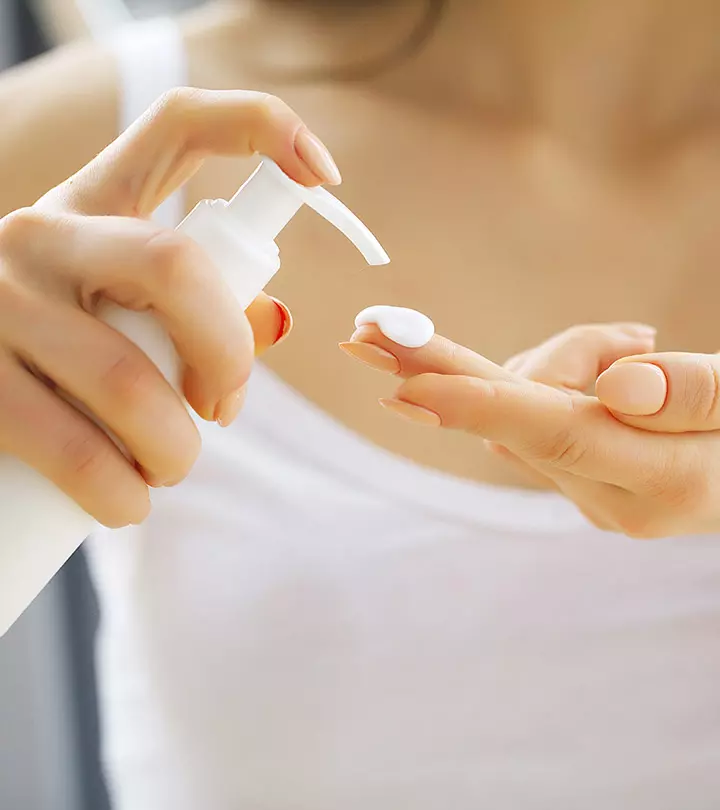
Image: ShutterStock
We see long chemical names on the ingredients list of cosmetic products and often seem clueless about them. One such common ingredient is cyclopentasiloxane. It has several benefits, and you can use cyclopentasiloxane for skin and hair care issues. Unlike how rare the name sounds, this ingredient is common in skin care and hair care products.
This article will help you better understand cyclopentasiloxane, its benefits, uses, side effects, and more. Read on.
 Know Your Ingredient: Cyclopentasiloxane
Know Your Ingredient: CyclopentasiloxaneWhat Is It?
A colorless, odorless water-like liquid commonly used in cosmetic products; non-greasy silicone.
What Are Its Benefits?
It makes the skin smooth and silky, reduces scars, and evens out skin tone.
Who Can Use It?
Anyone can use it.
How Often?
It is safe to use on the skin every day.
Caution
Might cause hormonal imbalances as it is known to be an endocrine disruptor.
In This Article
What Is Cyclopentasiloxane?

Cyclopentasiloxane is essentially a silicon-based compound that is a part of a larger category known as cyclomethicone (1). It is sometimes also known as decamethylcyclopentasiloxane or D5.
It is a colorless, odorless liquid with a low viscosity. The compound gives a very silky and slippery feel when applied to the skin and hair and is mainly used in products such as antiperspirants, hair conditioners, sunblocks, and other skincare products.
The key function of it is to work as an emollient (2). It is available in liquid form, and it is mainly used as a skin and hair conditioning agent.
 Did You Know?
Did You Know?Let us understand the role of cyclopentasiloxane in skincare in more detail in the next section.
Key Takeaways
- Cyclopentasiloxane is a silicone-based ingredient commonly found in hair care and skin care products.
- It imparts a soft, smooth, and polished feel to your skin.
- Though deemed majorly safe, it may affect your hormones in subtle ways.
What Is Cyclopentasiloxane In Skin Care?

Cyclopentasiloxane or D5 is used in a wide variety of cosmetic products as it is known to evaporate and dry faster. Further, silicones and silicon-based products also repel water and glide easily (1). This is the reason why they are commonly used as ingredients in various cosmetics, lubricants, and sealants. In beauty products, cyclopentasiloxane is primarily used as a lubricant, solvent, and delivery agent, as it gives a very silky and slippery feeling when applied to the skin and hair.
Apart from the above properties, cyclopentasiloxane is also known to form a protective barrier on the skin and hair, which can help you detangle your hair, reduce frizz, and prevent hair breakage. This makes it a popular choice when considering silicone for skin, as it provides smoothness and helps manage various hair and skin issues.
Due to these reasons, cyclopentasiloxane can be found in a wide variety of skin care, cosmetic, and personal care products. Some of these include sunscreen, antiperspirant, deodorant, hair spray, shampoos, and hair conditioners.
 Quick Tip
Quick TipAre you wondering if it is safe to use in skin care products? Find out in the next section.
Cyclopentasiloxane In Skin Care: Is It Safe?
Although there was some controversy surrounding the potential health and environmental risks of cyclopentasiloxane, the Cosmetic Ingredient Review Expert Panel, a US organization that determines the overall safety of cosmetic and skincare ingredients, concluded that compounds containing cyclopentasiloxane are completely safe for use (1).
However, it is important to note that in early 2018, the European Union introduced certain restrictions on the use of D5 in cosmetic products that are intended to be washed off before evaporation. They largely emphasize potential damage to the lungs through D5 inhalation in aerosols such as sun care and hair care sprays (3).
Further, the Environmental Working Group (EWG) found that there is a low concern that D5 can be considered an endocrine disruptor (i.e., something that can disturb the normal functioning of your hormones) (4). Therefore, it may be safe for pregnant individuals as well. It is typically a cause of concern when it is used at concentrations higher than what is typically used in cosmetics.
Now that we know about the safe usage of cyclopentasiloxane in skin care, let us discuss the key benefits of this compound in cosmetic products.
Benefits Of Cyclopentasiloxane In Skin Care
The benefits of cyclopentasiloxane specifically on the skin are minimal, but it possesses noteworthy sensory properties and also helps in how a specific product functions. Some of these benefits include:
1. Lightweight In Nature

While some silicones are heavy, cyclopentasiloxane is particularly lightweight and used in skin care or hair care products when a lighter feel is desired. This feature is especially helpful in hair care products to ensure that the hair strands are not weighed down.
2. Spreads Easily
Silicones are well known for their smooth texture and slippery glide. Due to this trait, cyclopentasiloxane gives skin care products a very smooth and silky texture that applies easily and leaves a non-sticky, non-greasy finish.
3. Seals In Hydration
Another benefit of cyclopentasiloxane is that it forms a seal or barrier on the skin that helps protect it against transepidermal water loss (TEWLi Trans-epidermal water loss, or the evaporation of water through the skin layers, which, at higher levels, can damage the skin barrier. ), which can lead to inflammatory conditions.
Further, cyclopentasiloxane also works similarly when used on the hair by coating the hair shaft.
4. Inexpensive
One of the other significant benefits of cyclopentasiloxane is that it is an inexpensive ingredient for most formulators. For instance, it may be used as an inexpensive alternative to organic ingredients, and its concentrations in skin care products can be easily varied because it is synthetically manufactured.
5. Evaporates Faster

Since cyclopentasiloxane is volatile and allows the products to dry faster, it is often included in skincare product formulations (2). It also helps produce a smooth, silky formula that allows the cosmetic or product to spread evenly over the skin. It prevents the skin care product from catching on dry skin patches and even out the skin tone by gliding over wrinkles and pores. It also ensures that all areas of the skin are receiving the key ingredients in the anti-aging product, which may help in fine line and wrinkle reduction.
6. Easily Disperses Heavier Ingredients
Cyclopentasiloxane works very well when combined with heavier oils or silicones since it makes them much easier to spread and offers a smooth feel to the skin.
7. May Support Acne Treatment
Cyclopentasiloxane is often used as an emollient in specially formulated products for acne (5). Since acne-prone skin needs moisturizing but cannot rely on heavy formulas that come with a risk of pore-clogging, cyclopentasiloxane provides the necessary moisturization it needs.
8. Scarring
Cyclopentasiloxane has also been suggested to improve the overall appearance of scars when used in conjunction with other similar silicone ingredients. It is known to enhance the appearance of superficial and keloid scars, as per research. While the research has not been particularly conducted on cyclomethiconei A silicone used in cosmetic products that renders them a non-tacky coating and smooth texture to allow even application. , it is related to the broader subgroup of silicones (6). Moreover, many silicone gel preparations contain cyclopentasiloxane or cyclopentasiloxane, which is widely used as a volatile element to deliver the other silicone ingredients to the skin.
So, are there any side effects that you should be aware of? Find out in the next section.
Side Effects Of Cyclopentasiloxane
In general, cyclopentasiloxane has no known side effects. It does not cause any kind of irritation or sensitization and is generally well-tolerated by all skin types. However, a general rule of thumb is that if you are trying it for the first time, always test it on a small patch of skin first before applying it all over your face.
Cyclopentasiloxane has been scientifically proven to be a potential allergen so it can cause adverse reactions in people with a sensitivity towards it. Those who have pre-existing skin issues may experience aggravated symptoms due to it (7). Therefore those with compromised skin health must avoid it. Consulting a dermatologist for alternative recommendations that are suitable for their specific skin condition is ideal.
One major concern regarding the use of cyclopentasiloxane comes from certain claims that it can act as a hormone disruptor. However, there is no evidence of the same. The ingredient, in general, needs to be absorbed into the skin to act as a hormone or endocrine disruptor, and studies show that there is minimal absorption of cyclopentasiloxane by the skin. It has also been proven to evaporate before any significant absorption takes place. Hence, it is safe (1).
Another negative aspect to keep in mind is the impact of this ingredient on the environment. Since it is chemically inert and a very stable compound, its biodegradability is very low. This means that it could take several years for it to decompose. This concern is particularly relevant if you are also worried about whether silicones are bad for your hair or if their environmental impact bothers you.
The European Union, therefore, has called for a limit on the concentration of cyclopentasiloxane used in wash-off cosmetics to be 0.1% (3).
Find out who should use this ingredient in the next section.
Who Should Use It?

Cyclopentasiloxane works as an emollient, lubricant, and solvent and gives cosmetic and skin care products a very silky texture. It also seals in hydration and dissolves heavier ingredients. Due to these properties, anyone looking to soften their skin with a lightweight product can use this compound.
In short, cyclomethicone products are suitable for most skin types, including dry, congested, or sensitive skin, as well as skin types that may have compromised skin barrier integrity.
Let’s answer some more frequently asked questions about this compound.
How To Use It
If you use a moisturizer containing cyclopentasiloxane, it is recommended to apply it after your toner and serum as it helps seal these products underneath and improve their absorption.
How Often Can You Use It?
Although cyclopentasiloxane is completely safe for daily use, the amount and frequency that you should use largely depend upon the product in question.
What Does It Work Well With?
Typically, cyclopentasiloxane works well when combined with heavier oils or silicones because of the simple reason that it makes them easier to spread on the skin.
What Not To Use With Cyclopentasiloxane
Cyclopentasiloxane works well with most of the skin care ingredients, so there is nothing as such that you cannot use it with.
Note: For those looking to avoid silicones, there are several alternatives available. Plant-based oils, such as argan or jojoba oil, offer hydration and nourishment. Hyaluronic acid helps retain moisture, while glycerin keeps the skin smooth and soft. These options can be more eco-friendly and provide similar benefits without the concerns linked to silicones. This way, you can choose what best fits your skin care goals.
Infographic: Benefits Of Cyclopentasiloxane Unveiled
Rediscover the benefits of cyclopentasiloxane in hair and skin care to unlock the power of this remarkable ingredient. From enhancing skin hydration to giving your skin a smooth and silky texture, it has become a go-to ingredient for many skin care enthusiasts. Take a look at the infographic below for a recap on its top benefits.

Illustration: StyleCraze Design Team
Cyclopentasiloxane can be found in various skin and hair care products and is considered safe to use. One of the main advantages of this component is that it aids in the drying and spreading of skin and hair products while also providing a smooth feel to your skin and hair without weighing them down.
According to research, this substance is not absorbed into the skin at high enough levels to cause harm, so there is no need to worry about it messing with your hormones. Though the use of cyclopentasiloxane in skin care has been the subject of some debate, scientists believe that it is safe for topical use.
Frequently Asked Questions
Is cyclopentasiloxane safe for acne-prone skin?
Yes. Cyclopentasiloxane is non-comedogenici Substances that don't block pores and pose a low risk of causing black- or whiteheads, like aloe vera, vitamin C, or glycerin. and lightweight and is easily tolerated by acne-prone skin.
Is cyclopentasiloxane a dimethicone?
No. Cyclopentasiloxane is not a dimethiconei A silicone-based additive that forms a protective layer on skin and hair, usually used in beauty products to keep components from separating. . However, both ingredients are silicones frequently used in skincare products.
Is cyclopentasiloxane a heat protectant?
No. While the low thermal conductivity of Cyclopentasiloxane silicone makes it a bad conductor of heat, it also easily evaporates and may not protect your hair or skin against heat damage for much longer.
Is cyclopentasiloxane water-based?
No. Cyclopentasiloxane is silicone and has a .watery-consistency, making it suitable for products that need to dry quickly (like antiperspirants).
Illustration: Cyclopentasiloxane For Skin – Is It Safe?
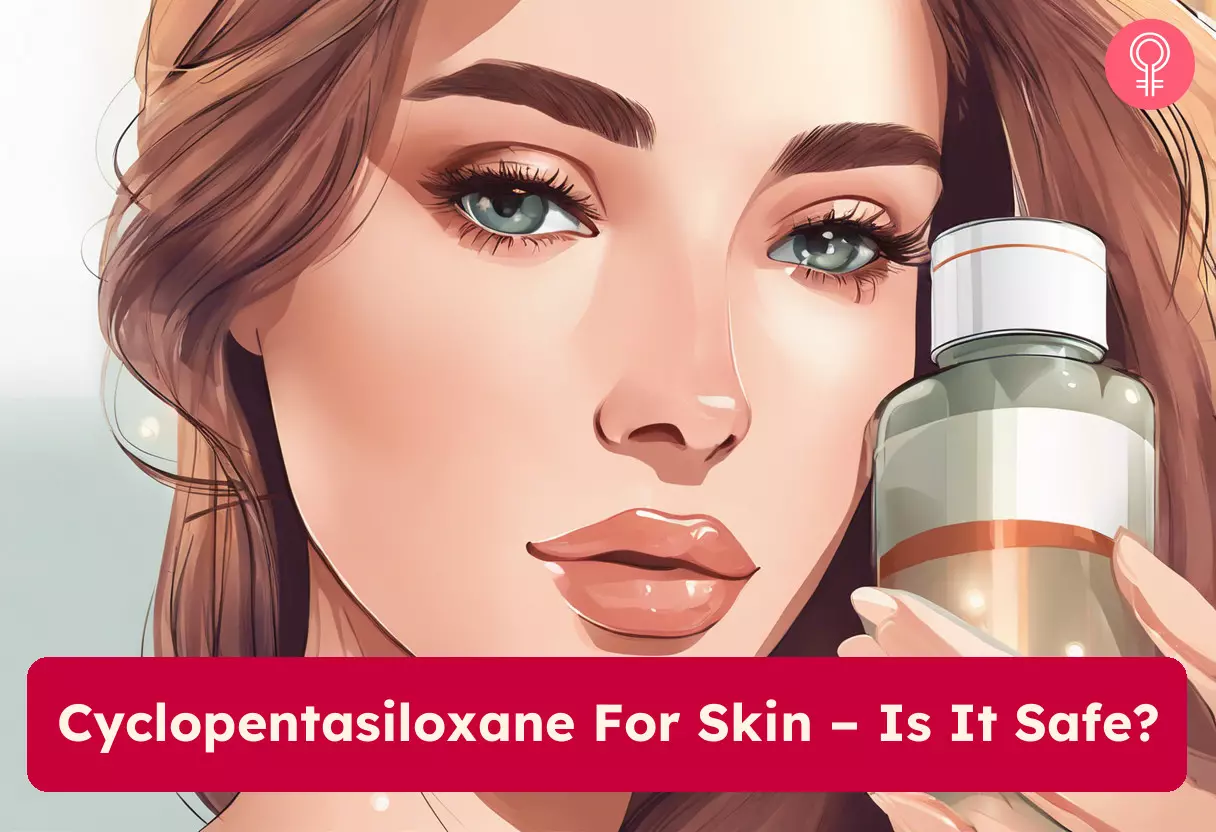
Image: Stable Diffusion/StyleCraze Design Team
Are silicones bad for your skin and hair? This video has the answers! Check it out and learn the truth about silicones and how they affect your skin and hair.
References
Articles on StyleCraze are backed by verified information from peer-reviewed and academic research papers, reputed organizations, research institutions, and medical associations to ensure accuracy and relevance. Read our editorial policy to learn more.
- Safety Assessment of Cyclomethicone Cyclotetrasiloxane Cyclopentasiloxane Cyclohexasiloxane and Cycloheptasiloxane – Wilbur Johnson Wilma F. Bergfeld Donald V. Belsito Ronald A. Hill Curtis D. Klaassen Daniel C. Liebler James G. Marks Ronald C. Shank Thomas J. Slaga Paul W. Snyder F. Alan Andersen 2011
https://journals.sagepub.com/doi/full/10.1177/1091581811428184 - Accounting for intended use application in characterizing the contributions of cyclopentasiloxane (D5) to aquatic loadings following personal care product use: antiperspirants skin care products and hair care products
https://pubmed.ncbi.nlm.nih.gov/23186890/ - Scientific Committee on Consumer Safety SCCS
https://ec.europa.eu/health/scientific_committees/consumer_safety/docs/sccs_o_174.pdf - EWG Skin Deep® | What is CYCLOPENTASILOXANE
https://www.ewg.org/skindeep/ingredients/701741-CYCLOPENTASILOXANE/#.W3bwzOhKiM8 - Moisturizers for Acne
https://www.ncbi.nlm.nih.gov/pmc/articles/PMC4025519/ - The Efficacy of Silicone Gel for the Treatment of Hypertrophic Scars and Keloids
https://www.ncbi.nlm.nih.gov/pmc/articles/PMC2918339/ - Compound allergy to a lipophilic gel containing vitamin E acetate and cyclopentasiloxane.
https://www.semanticscholar.org/paper/Compound-allergy-to-a-lipophilic-gel-containing-E-Corazza-Ricci/
Read full bio of Dr. Sonam Jeswani Ramrakhiani
Read full bio of Arshiya Syeda
Read full bio of Ramona Sinha
Read full bio of Medha Deb







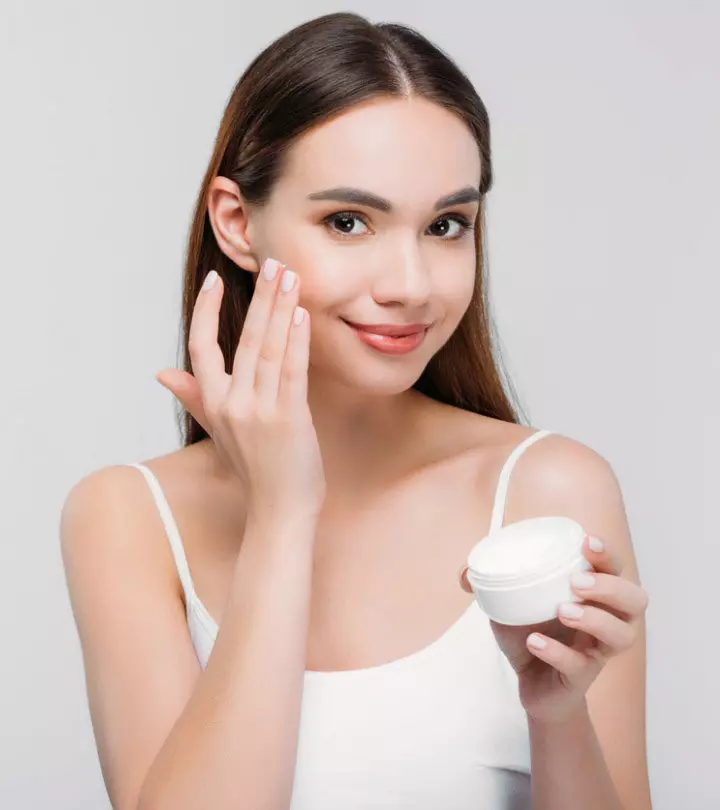


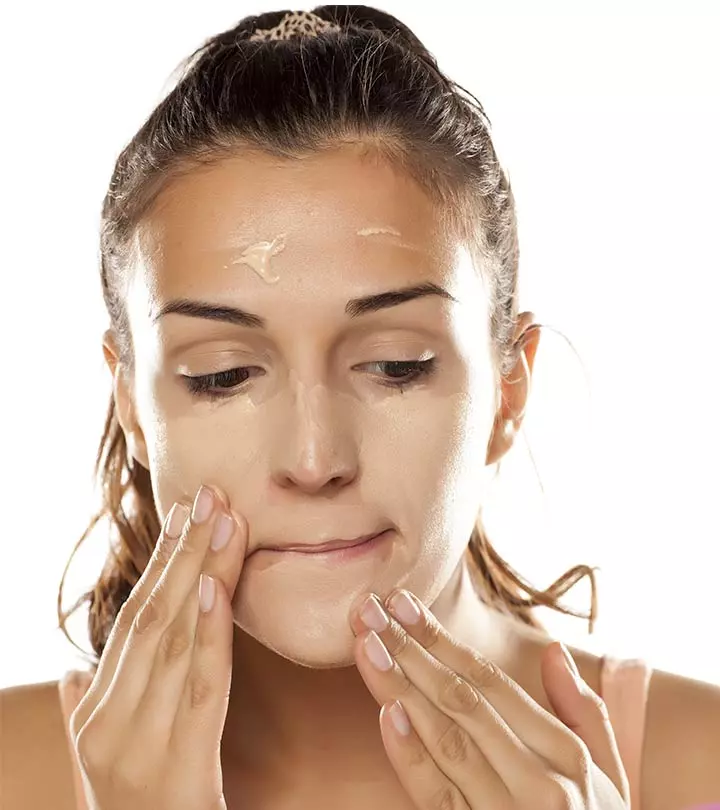
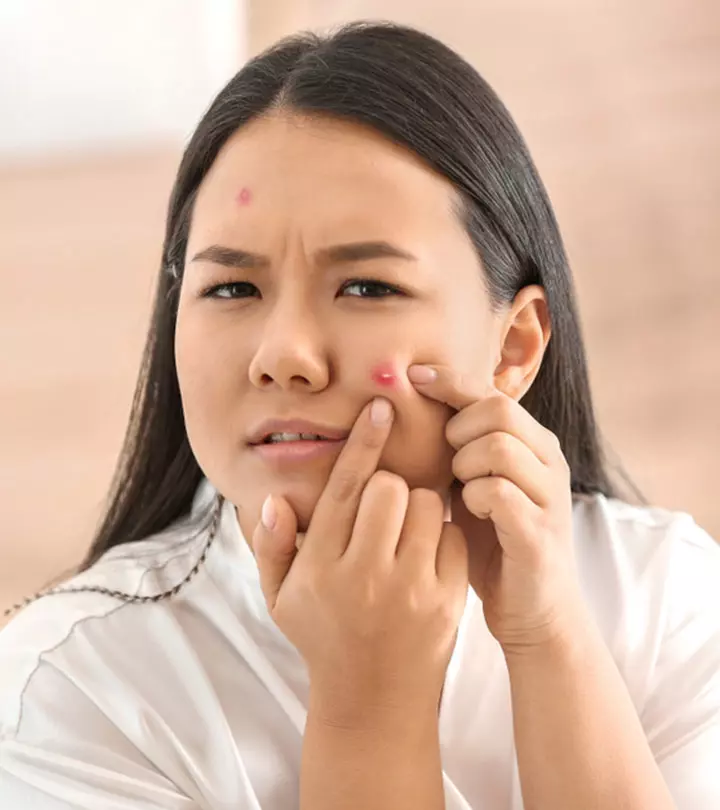

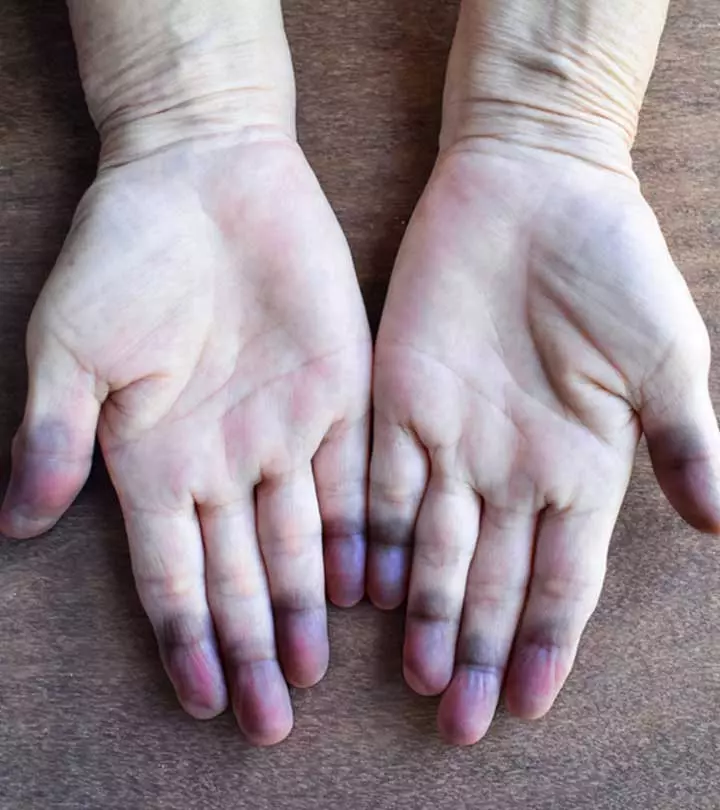


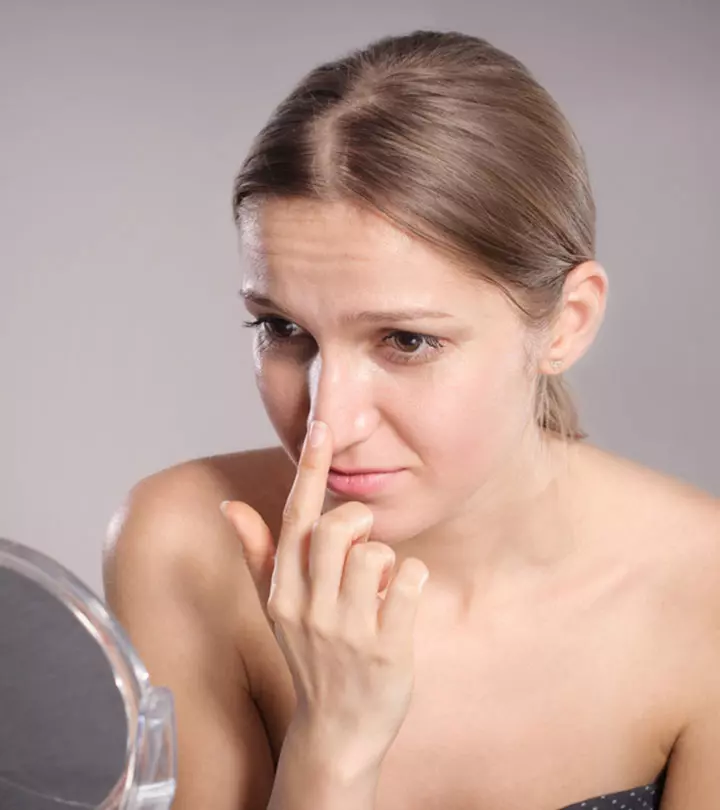



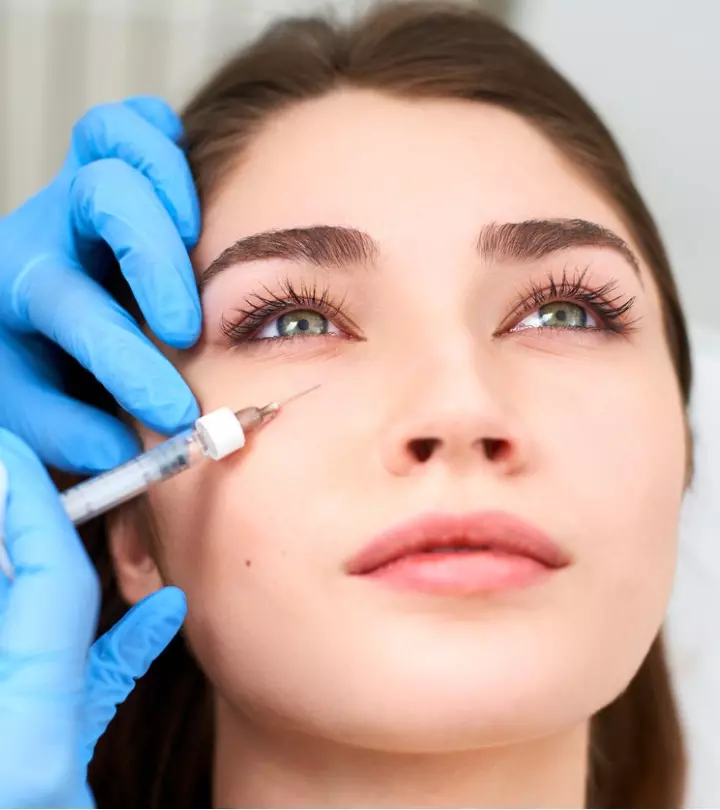

Community Experiences
Join the conversation and become a part of our empowering community! Share your stories, experiences, and insights to connect with other beauty, lifestyle, and health enthusiasts.